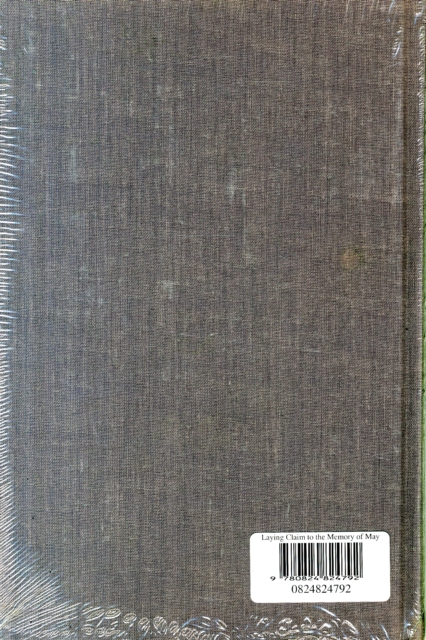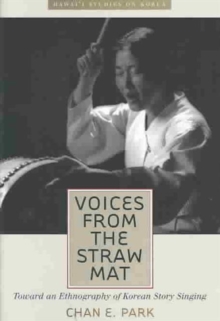
Laying Claim to the Memory of May : A Look Back at the 1980 Kwangju Uprising Hardback
by Linda S. Lewis
Part of the Hawaii Studies on Korea series
Hardback
Description
The Kwangju Uprising - ""Korea's Tiananmen"" - is one of the most important political events in late twentieth-century Korean history.
What began as a peaceful demonstration against the imposition of military rule in the southwestern city of Kwangju in May 1980 turned into a bloody people's revolt.
In the two decades since, memories of the Kwangju Uprising have lived on, assuming symbolic importance in the Korean democracy movement, underlying the rise in anti-American sentiment in South Korea, and shaping the nation's transition to a civil society.
Nonetheless it remains a contested event, the subject still of controversy, confusion, international debate, and competing claims.
As one of the few Western eyewitnesses to the Uprising, Linda Lewis is uniquely positioned to write about the event.
In this innovative work on commemoration politics, social representation, and memory, Lewis draws on her fieldwork notes from May 1980, writings from the 1980s, and ethnographic research she conducted in the late 1990s on the memorialization of Kwangju and its relationship to changes in the national political culture.
Throughout, the chronological organization of the text is crisscrossed with commentary that provocatively disrupts the narrative flow and engages the reader in the reflexive process of remembering Kwangju over two decades.
Highly original in its method and approach, Laying Claim to the Memory of May situates this seminal event in a broad historical and scholarly context.
The result is not only the definitive history of the Kwangju Uprising, but also a sweeping overview of Korean studies over the last few decades.
Information
-
Available to Order - This title is available to order, with delivery expected within 2 weeks
- Format:Hardback
- Pages:208 pages, 12 illustrations
- Publisher:University of Hawai'i Press
- Publication Date:30/04/2002
- Category:
- ISBN:9780824824792
Information
-
Available to Order - This title is available to order, with delivery expected within 2 weeks
- Format:Hardback
- Pages:208 pages, 12 illustrations
- Publisher:University of Hawai'i Press
- Publication Date:30/04/2002
- Category:
- ISBN:9780824824792










